Eating a balanced diet is crucial for maintaining good health. This guide focuses on various foods that should be a regular part of the diet. Each food selected is not only nutritious but also offers unique health benefits. From leafy greens like spinach to the ever-popular bananas, these foods provide essential nutrients. The following sections will delve into the specifics of each food, discussing their health benefits and suggesting ways to incorporate them into daily meals.
Contents
Spinach
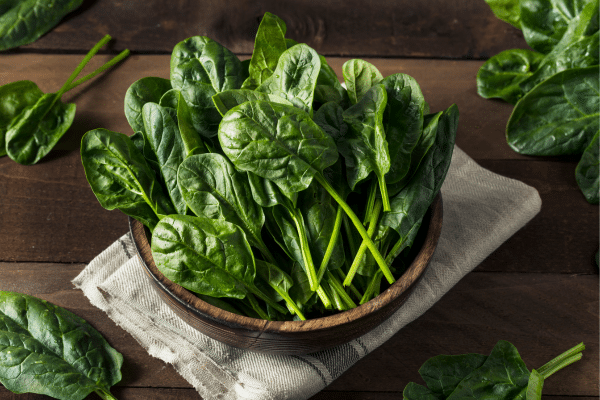
Spinach is a nutritional powerhouse, packed with vitamins A, C, and K, as well as minerals like iron and calcium. It’s particularly noted for its high antioxidant content, which can help reduce the risk of chronic diseases. The leafy green also has a high concentration of nitrates, which may improve heart health by reducing blood pressure. Additionally, the vitamin K in spinach plays a crucial role in bone health, making it a beneficial addition to any diet.
Integrating spinach into one’s diet can be both easy and delicious. It’s a versatile ingredient that can be used in a variety of dishes, ranging from fresh salads and smoothies to savory sautéed side dishes. For those who are not fond of its taste, incorporating spinach into blended foods like soups or pasta sauces is an effective way to enjoy its health benefits without a strong flavor. Furthermore, its availability in both fresh and frozen forms makes spinach a convenient option for healthy eating.
Bananas
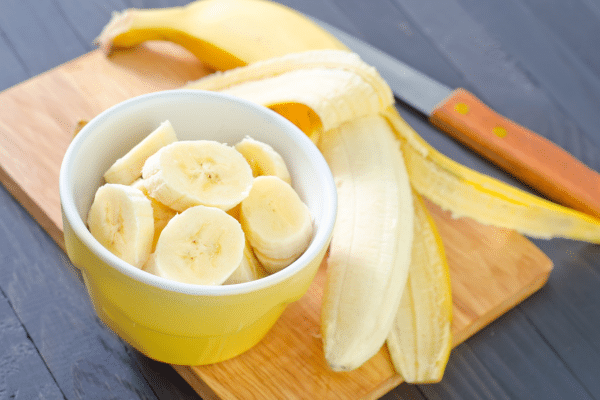
Bananas are a fantastic source of quick energy due to their natural sugars and carbohydrates. They are also rich in dietary fiber, which aids in digestion and helps maintain a healthy gut. The high potassium content in bananas is essential for maintaining healthy blood pressure and heart function. Additionally, bananas provide an array of vitamins, including vitamin C and B6, which are vital for immune function and metabolic health.
The convenience of bananas makes them an ideal snack for people on the go. They can be easily incorporated into breakfast cereals, smoothies, or eaten on their own as a nutritious snack. Their natural sweetness also makes them a popular choice for healthier desserts, like banana bread or pancakes. For athletes or those with an active lifestyle, bananas can be an excellent post-workout snack, providing essential nutrients for muscle recovery and replenishment of energy stores.
Blueberries
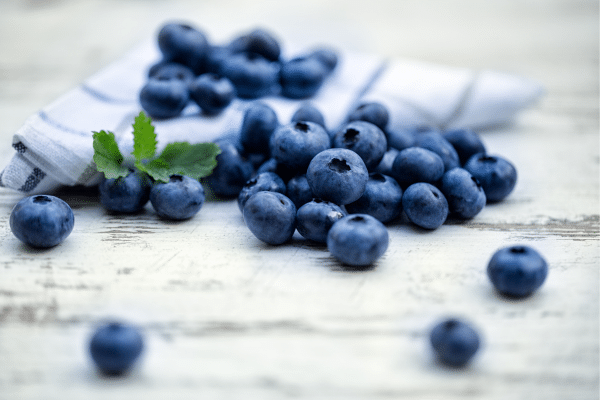
Blueberries are celebrated for their high antioxidant content, particularly anthocyanins, which contribute to their deep blue color. These antioxidants are linked to a reduced risk of heart disease, diabetes, and age-related cognitive decline. Blueberries are also a good source of vitamins C and K and fiber. The presence of fiber aids in digestion and contributes to overall gut health. Furthermore, the low calorie and high nutrient content make them an ideal food for maintaining a healthy weight.
Adding blueberries to the diet is simple and enjoyable. They can be eaten raw as a healthy snack, added to yogurt or cereal for a nutritious breakfast, or blended into smoothies. Blueberries also make a delicious and healthy addition to baked goods, such as muffins and pancakes. For those looking to limit sugar intake, blueberries offer natural sweetness, making them a great alternative to sugary snacks.
Almonds
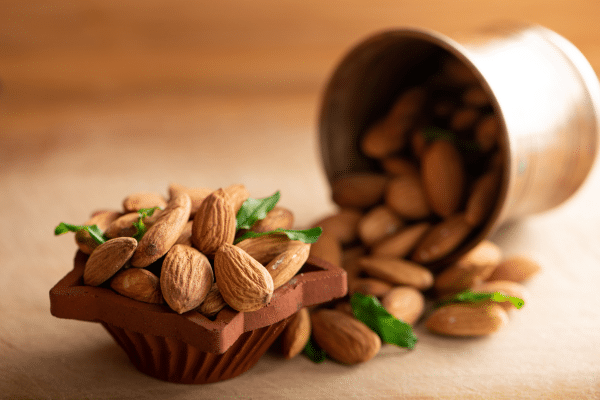
Almonds are a great source of healthy fats, particularly monounsaturated fats, which are beneficial for heart health. They are also rich in protein, fiber, vitamin E, and magnesium. The protein and fiber in almonds help in feeling full, making them an excellent snack for weight management. The vitamin E found in almonds is a powerful antioxidant, which helps in protecting cells from oxidative damage.
Almonds can be enjoyed in various forms – raw, roasted, or as almond butter. They are a convenient snack and can be easily added to salads, yogurt, or oatmeal. Almond flour is also a popular alternative for baking, providing a gluten-free option that is both nutritious and delicious. Almonds can also be soaked overnight and blended into almond milk, a healthy and dairy-free alternative to traditional milk.
Salmon

Salmon is renowned for its high content of omega-3 fatty acids, which are essential for brain health and reducing inflammation in the body. These fatty acids are also known to support heart health by lowering blood pressure and reducing the risk of heart disease. Salmon is also a great source of protein and contains a variety of vitamins and minerals, including B vitamins, potassium, and selenium.
Preparing salmon can be simple and varied. It can be grilled, baked, or pan-seared and seasoned with herbs and spices for added flavor. Incorporating salmon into meals at least twice a week provides a healthy dose of omega-3 fatty acids. For those who do not consume fish, omega-3 can also be found in flaxseeds, chia seeds, and walnuts, which can be added to the diet as alternatives.
Sweet Potatoes

Sweet potatoes are highly nutritious, rich in vitamins A and C, manganese, and fiber. They are especially known for their high vitamin A content, which is vital for eye health, immune function, and skin health. The fiber content in sweet potatoes aids in digestion and can help stabilize blood sugar levels, making them a great choice for those looking to manage diabetes.
Sweet potatoes are incredibly versatile in cooking. They can be roasted, mashed, or baked and are a delicious addition to both savory and sweet dishes. Sweet potato fries are a healthier alternative to regular fries and can be a fun way to introduce this vegetable into the diet. They can also be used in soups, stews, and even desserts, like pies and puddings.
Quinoa
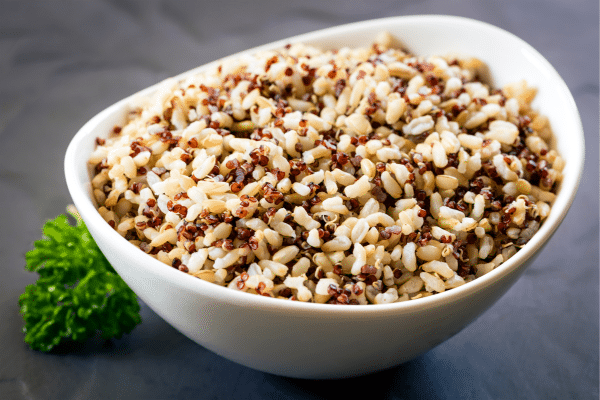
Quinoa is a unique whole grain because it is a complete protein, containing all nine essential amino acids. This makes it an excellent food choice for vegetarians and vegans. It is also high in fiber, B vitamins, iron, potassium, calcium, phosphorus, and vitamin E. Quinoa is gluten-free and a great alternative for those with gluten sensitivities or celiac disease.
Cooking quinoa is as simple as cooking rice and can be used in a variety of dishes. It can be a base for salads, added to soups, or used as a side dish. Quinoa can also be used in place of rice or pasta in most recipes, offering a healthier and more nutritious option. For breakfast, quinoa can be prepared like oatmeal, topped with fruits and nuts for a hearty start to the day.
Avocados
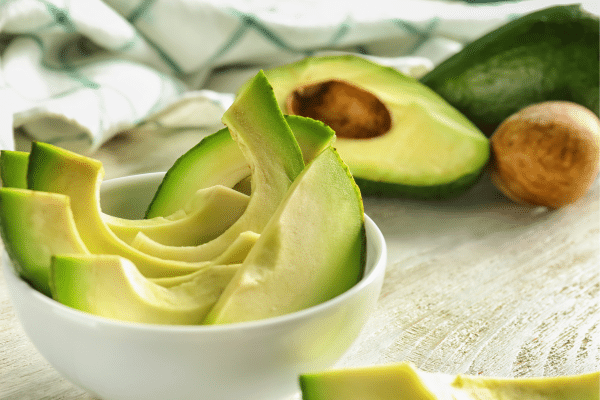
Avocados are a nutrient-dense food, high in monounsaturated fats, which are good for heart health. They are also rich in fiber, potassium, vitamin E, and B vitamins. The fiber in avocados aids in digestion and can help maintain healthy blood sugar levels. The potassium in avocados is beneficial for blood pressure regulation and overall cardiovascular health.
Avocados are extremely versatile and can be included in many dishes. They can be sliced and added to sandwiches or salads, mashed into guacamole, or used as a spread on toast. Avocados can also be used in smoothies to add creaminess and in desserts like chocolate mousse for a healthy fat source.
The Bottom Line
Maintaining a varied diet rich in foods like spinach, bananas, blueberries, almonds, salmon, sweet potatoes, quinoa, and avocados contributes significantly to overall health. Each food brings its own set of unique nutrients and health benefits. By incorporating these foods regularly, it’s possible to improve nutrient intake, support various bodily functions, and enjoy a wide range of flavors and textures in meals. The key is to find enjoyable and creative ways to include these foods in daily eating habits.


